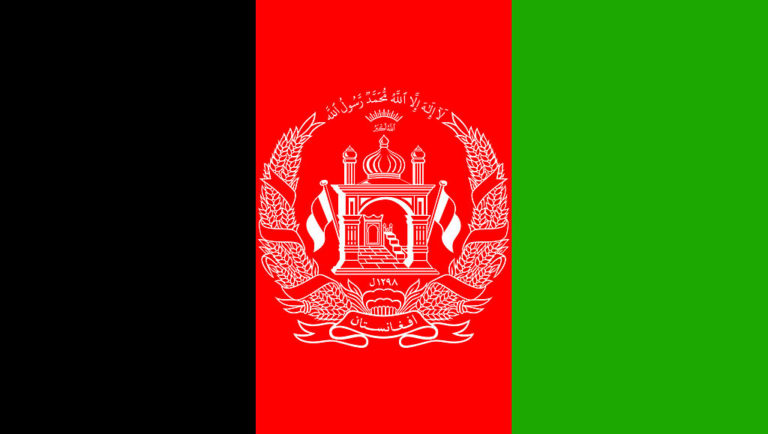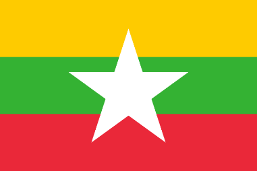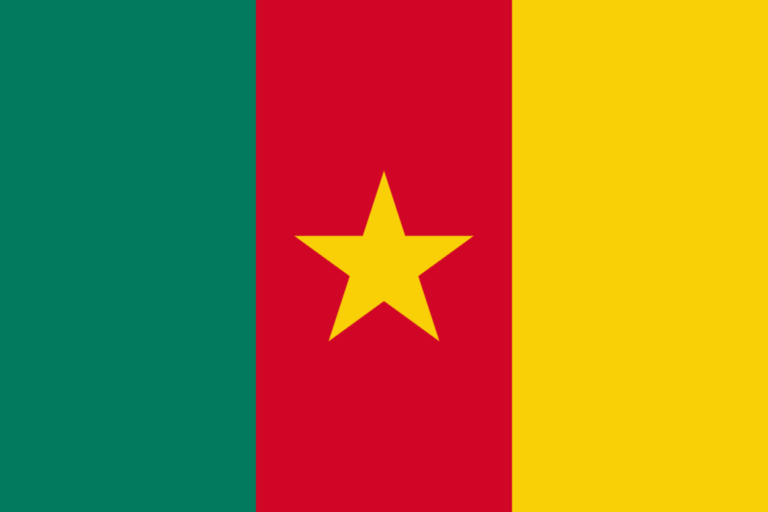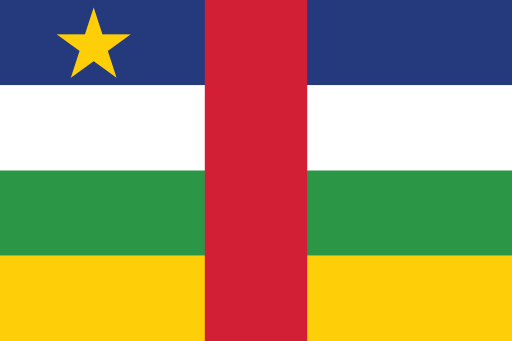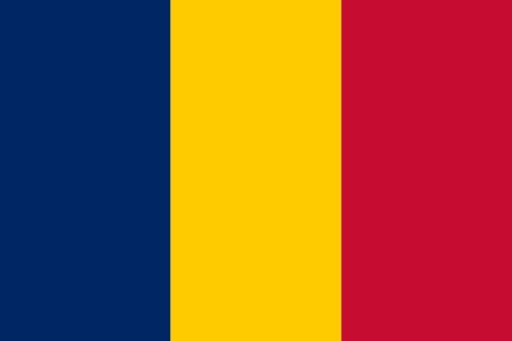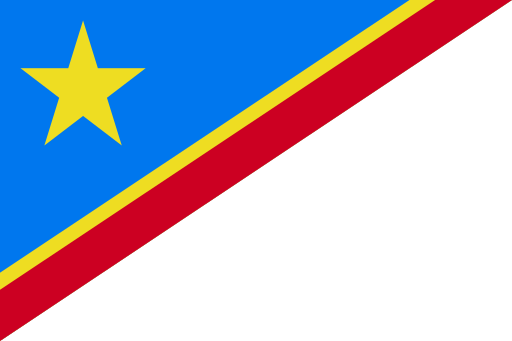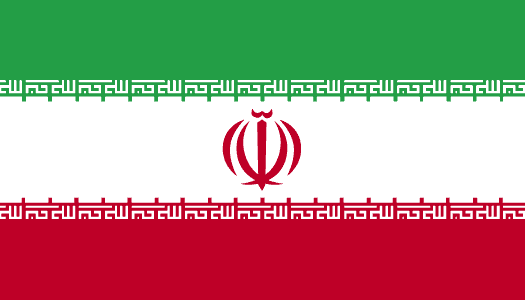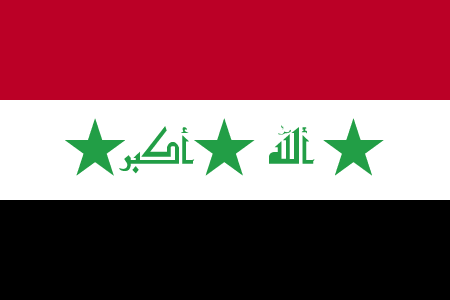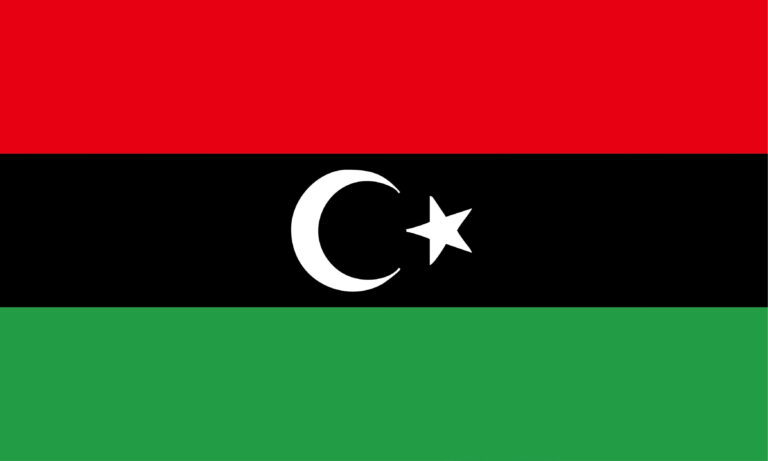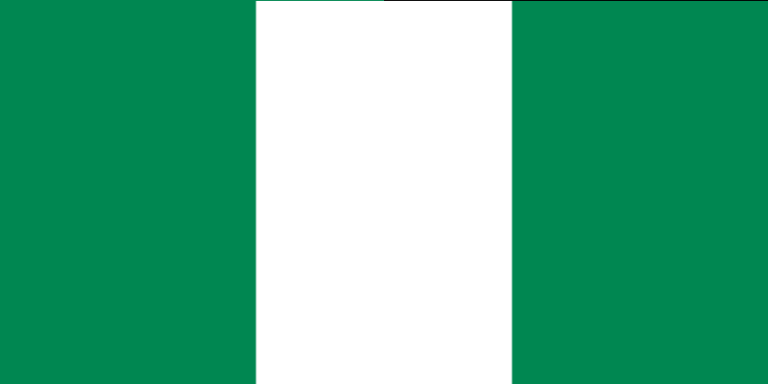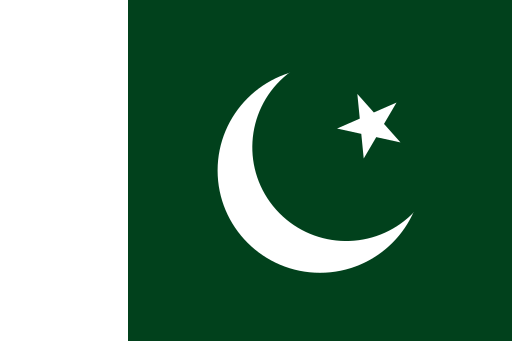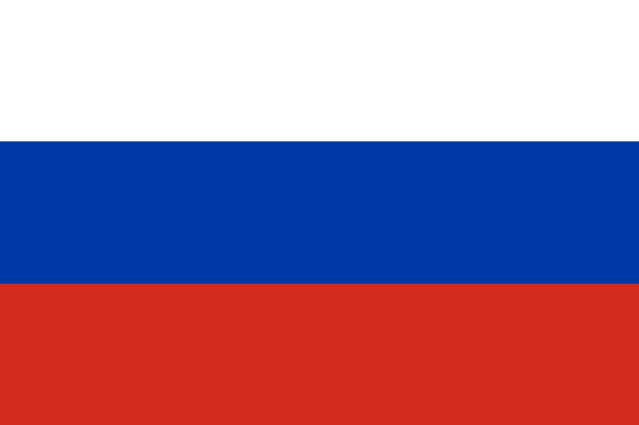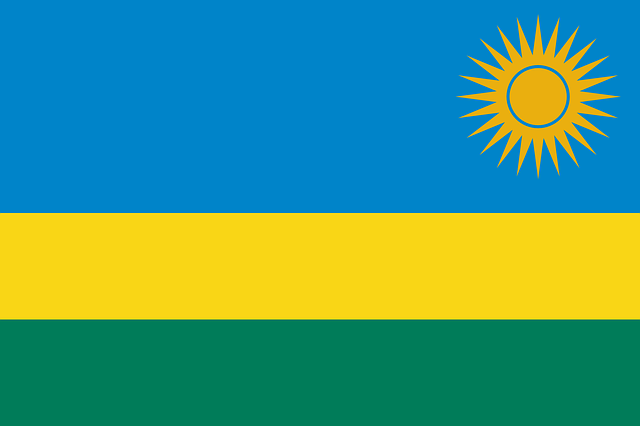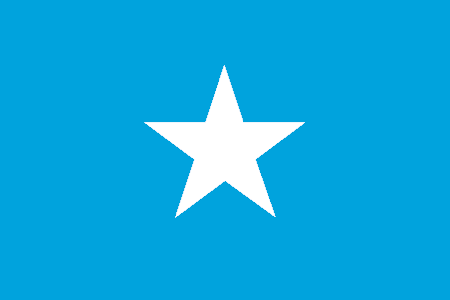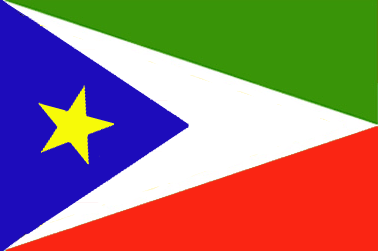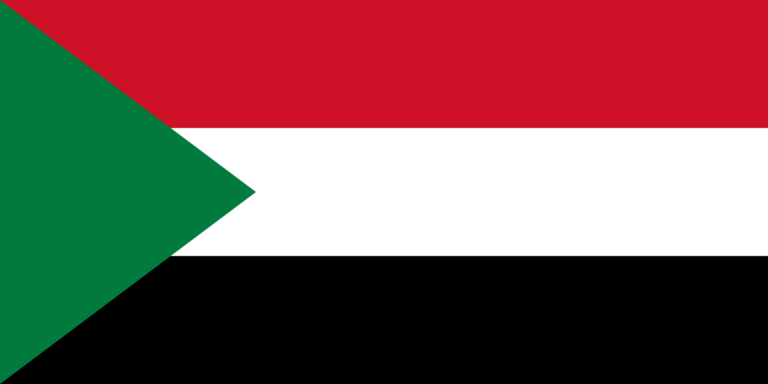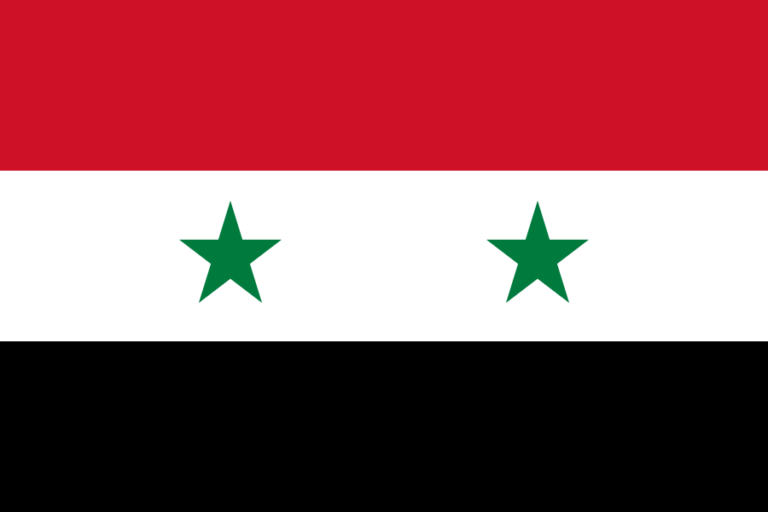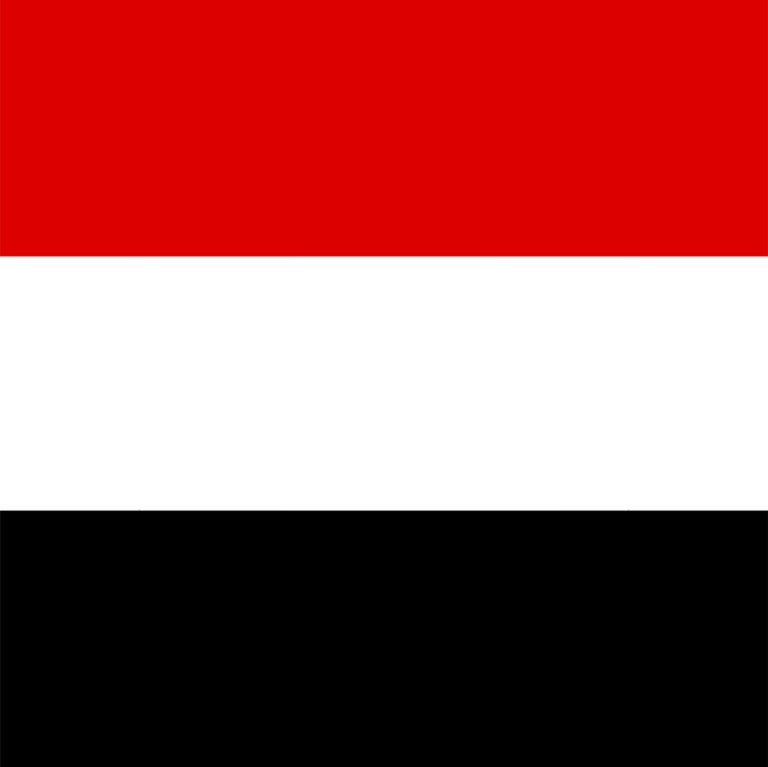- Updated October 24, 2023
Years Listed
Each shaded box corresponds to a year the country appeared on the CSPA list and what types of waivers it received, if any.
Nigeria first appeared on the CSPA list in 2015 and appeared again from 2016 through 2018 and from 2020 through 2021. The U.S. president fully waived CSPA prohibitions against the provision of U.S. arms sales and military assistance to Nigeria for each of the six years it was listed, resulting in the provision of more than $58.5 million in arms sales and military assistance between FY2016 and FY2022.
Specifically, the president waived more than $13.6 million in Direct Commercial Sales, $1.1 million in Foreign Military Financing, more than $6.3 million in International Military Education and Training, and more than $37.4 million in Section 1206 or Section 333 assistance. The president has never denied Nigeria any arms sales or military assistance due to CSPA prohibitions.
Since 2021, U.S. presidents have been required to include justifications for CSPA waivers that were issued during the previous year in the annual Trafficking in Persons Report. Nigeria’s 2020 waiver justification maintained that “[t]he U.S. government’s current security assistance goals with Nigeria are to: 1) increase the professionalism of the Nigerian armed forces, including respect for human rights and mitigating civilian harm; 2) reduce the threats violent extremist organizations pose to Nigeria and the Lake Chad region; and 3) increase security in the Gulf of Guinea. […] A full waiver the application of the prohibition in section 404(a) of the CSPA with respect to Nigeria allows the U.S. government to continue to provide security assistance in delivery of the above lines of efforts.” Similar language was included in Nigeria’s 2021 waiver justification.
According to the U.S. State Department, Nigerian armed forces and a government-supported militia known as the Civilian Joint Task Force (CJTF) have recruited and used child soldiers. The CJTF is a local self-defense force formed in 2013 to protect communities against attacks by Boko Haram. Nigeria’s Borno State government has provided financial and in-kind support to the CJTF, while Nigeria’s armed forces have worked with the group to coordinate military operations against Boko Haram. The CJTF has reportedly recruited children as young as twelve to conduct patrols, search for and arrest insurgents, guard camps for internally displaced people, and collect intelligence, at times in collaboration with Nigerian armed forces. At its height, an estimated several thousand children were affiliated with the group. The Nigerian armed forces have also recruited and used child soldiers, often for use in support roles – including to fetch water or firewood, deliver messages, or clean – though there have also been reports of children being interrogated and used as collaborators to identify members of Boko Haram. There were no verified reports of child soldier use or recruitment by Nigerian government or government-backed forces between April 2018 and March 2019, resulting in the country being excluded from the 2019 CSPA list – the first time Nigeria was not listed since its first appearance in 2015. Nigeria reappeared on the CSPA list in 2020 following verified reports that its military recruited and used children in support roles between April and October 2019. The country remained on the CSPA list in 2021 after an international organization verified the CJTF used two children between the ages of 15 and 17 to assist at a checkpoint in Borno State between April 2020 and March 2021. According to the U.S. State Department, the Borno State government continued to provide financial and in-kind support to the group during this period. While the Nigerian military coordinated some operations with the CJTF the following year, the UN delisted the CJTF as an armed group recruiting and using child soldiers, and Nigeria was subsequently excluded from the 2022 CSPA list.
Nigeria has suffered from a lack of criminal accountability for child soldier recruitment and use, both among military officials and CJTF members. Between April 2020 and March 2021, the federal and state governments did not report investigating or prosecuting CJTF members for allegations of child soldier recruitment or use. The Federal Ministry of Defense continued to deny that its soldiers recruited children, which impeded investigations of alleged violations from previous years. However, the federal and state governments have taken steps to prevent child soldering in the country, including by supporting the implementation of the UN Action Plan signed by the CJTF in 2017 to end the group’s recruitment and use of child soldiers. Observers have verified that more than 2,000 children have been separated from the CJTF since the plan was signed, and have described the group’s implementation of the plan during the 2021 CSPA reporting period as commendable. Following verification that the CJTF used two children to staff a checkpoint, the government-funded militia demobilized the children and referred them to care, and militia and government representatives conducted site visits and workshops to assess the reports and reinforce the zero-tolerance policy for the use of child soldiers. However, efforts to address child soldiering by the CJTF continued to be hampered by limited awareness of the group’s 2017 action plan, a lack of local disciplinary measures, and limited capacity.
For more information, see the U.S. State Department’s Trafficking in Persons Report and Country Reports on Human Rights Practices. More information on the situation in Nigeria can also be found in the UN Secretary-General’s annual report on Children and Armed Conflict and country-specific report on Nigeria.
Total Waived and Prohibited
Since the CSPA took effect.
Explore the Data
Country- and program-level data on the number and type of national interest waivers granted, as well as the amount of arms sales and military assistance waived.

